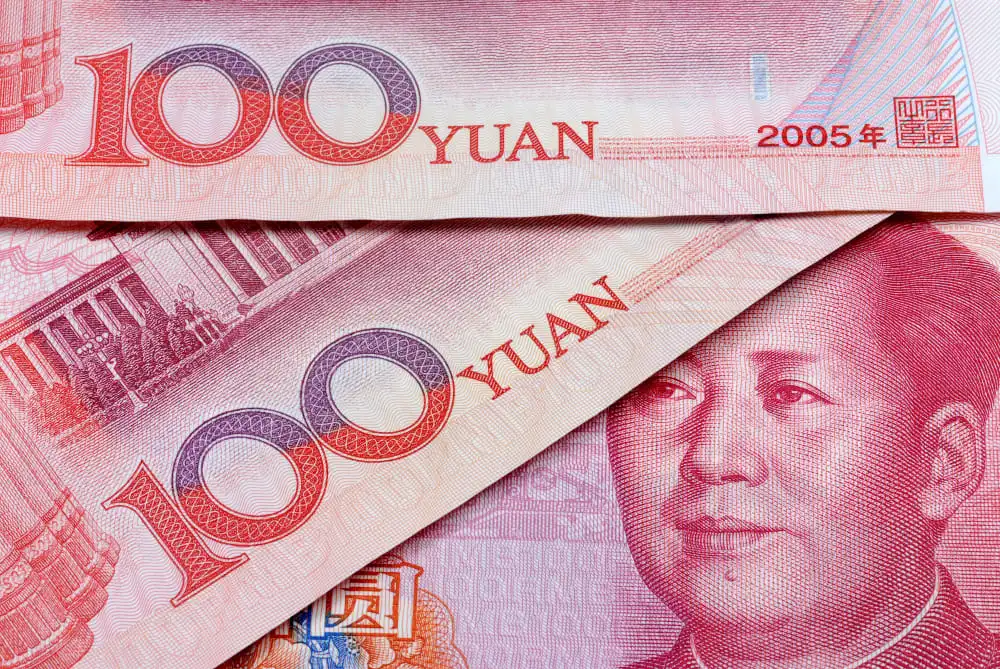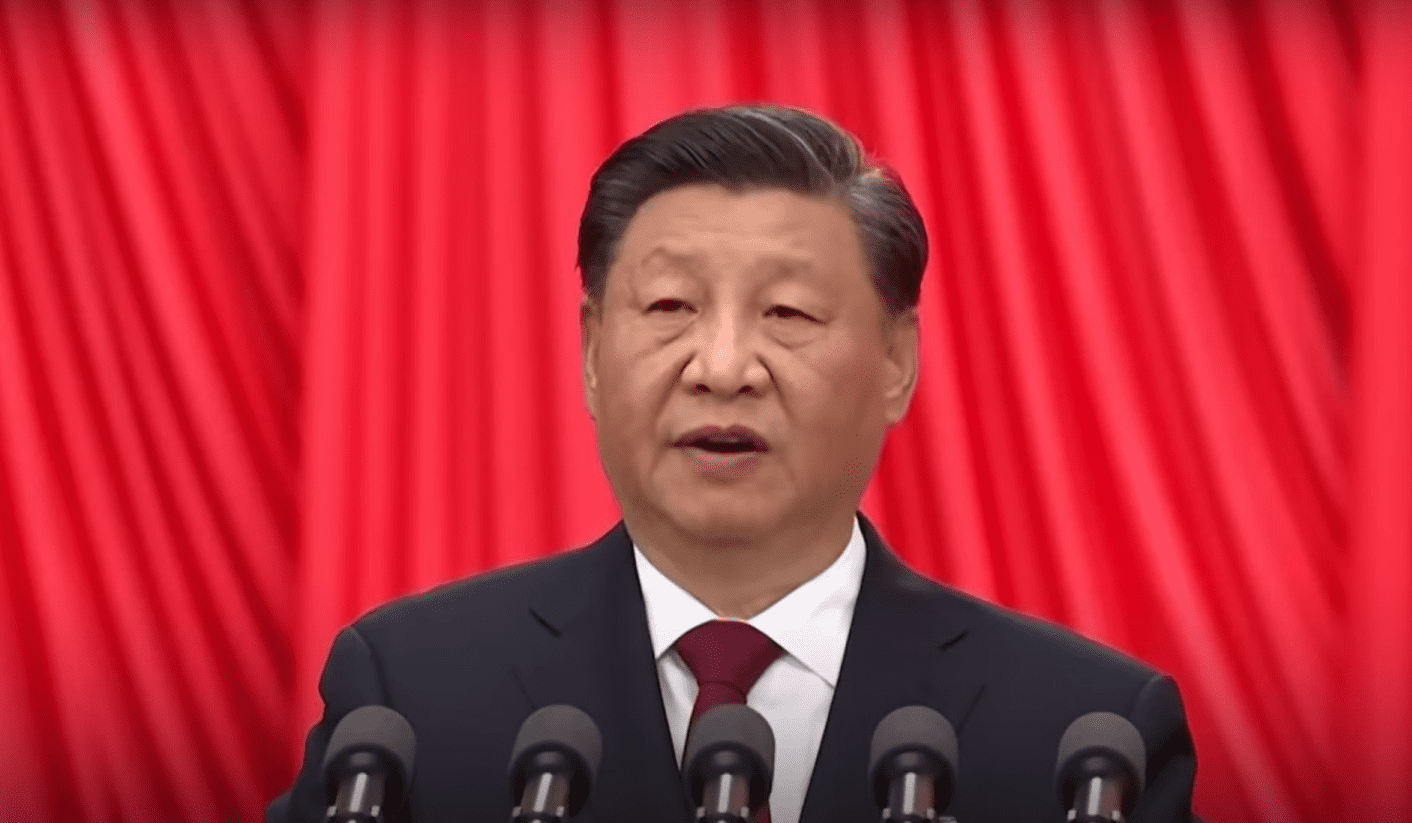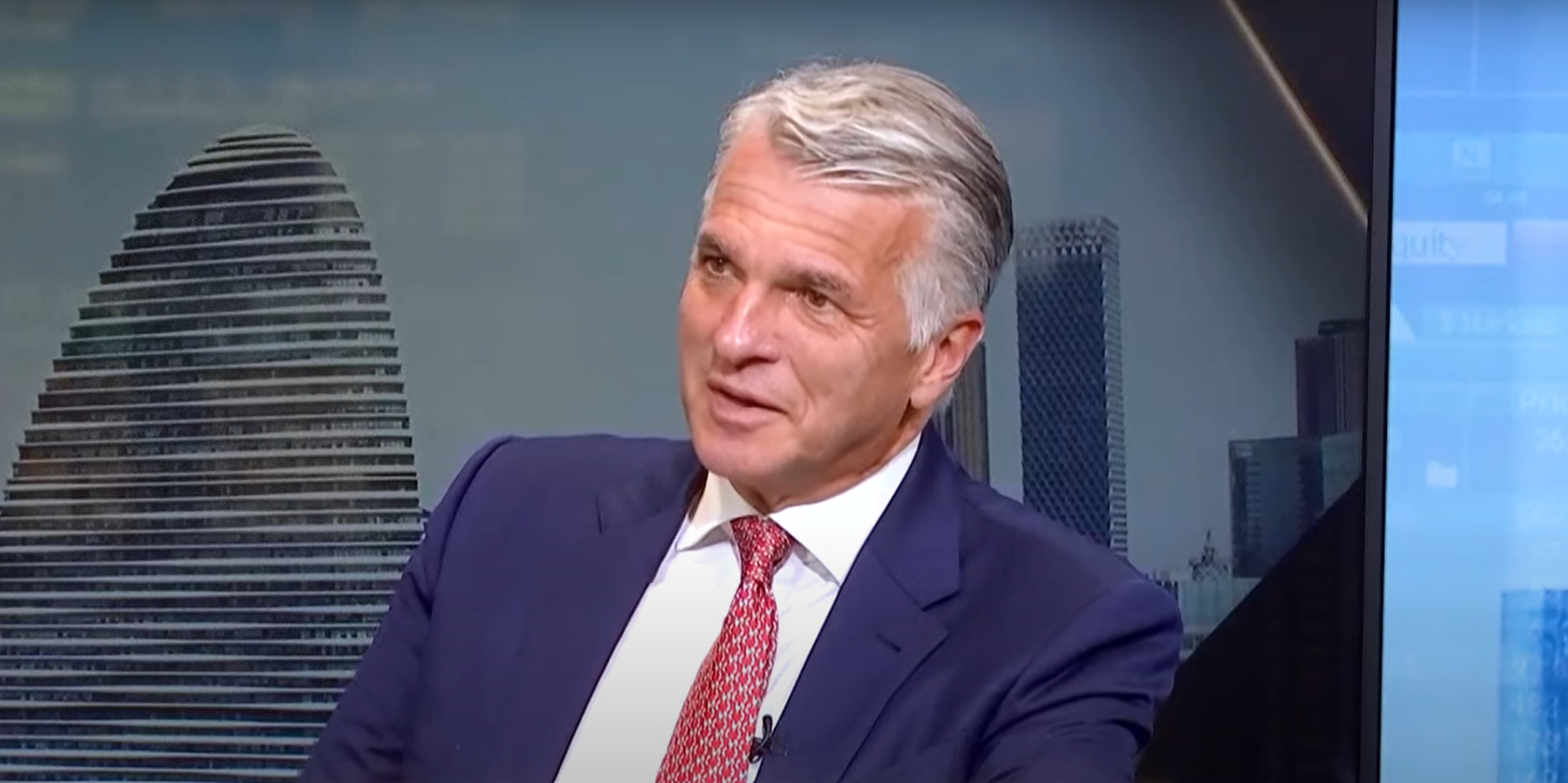In a rapidly changing geopolitical landscape, China is accelerating efforts to promote the use of the yuan globally. The driving force behind this initiative is not to challenge the dominance of the US dollar outright, but to safeguard against the potential impact of Western sanctions, particularly in the event of geopolitical conflicts such as those surrounding Taiwan.
Zoe Liu, a fellow for China Studies at the Council on Foreign Relations, emphasized this perspective in a recent article published on the Official Monetary and Financial Institutions Forum (OMFIF) website. Liu contends that China’s strategies to develop an alternative financial system are currently defensive rather than offensive. “China’s strategies to develop an alternative financial system are defensive rather than offensive — at least for now,” Liu wrote.
Beijing’s immediate goal is to prepare for potential sweeping sanctions from the West, particularly in scenarios involving heightened geopolitical tensions. For instance, a conflict over Taiwan, which China claims as its territory, could trigger such sanctions. China’s focus is on minimizing any economic fallout rather than pushing for the yuan to replace the dollar as the leading international reserve currency.
Despite these efforts, the yuan’s path to becoming a prominent global currency faces several hurdles. One significant barrier is China’s stringent capital controls, which help maintain financial stability but also restrict the free flow of foreign money in and out of the country. This control influences the foreign currency exchange rate, making it challenging for the yuan to gain widespread international acceptance.
Liu points out that capital controls, while a hurdle, are not necessarily insurmountable for broader adoption of the yuan in trade. China is already a top trading partner for over 120 countries, and Chinese authorities have shown willingness to facilitate exports through measures like currency swaps and trade finance.
However, the yuan’s journey to becoming an international reserve currency is complicated by other factors. These include the lack of risk-free yuan-denominated assets, the relatively closed nature of China’s financial markets, and the governance style of Chinese leader Xi Jinping, which favors centralized control over the rule of law. These elements combine to create an environment of uncertainty that can deter businesses and countries from fully embracing the yuan.
Recent data from China’s central bank underscores this reluctance. Even Chinese businesses are hesitant to convert their foreign-exchange earnings into yuan, reflecting the currency’s current weakness. A survey conducted in March by China’s Bank of Communications and Renmin University revealed that among 1,657 enterprises, half cited the unwillingness of their trading partners to use the yuan as the primary obstacle to its wider adoption.
Additionally, 64% of respondents pointed to the complexity of policies as a significant challenge, while over 40% mentioned other difficulties, including barriers to capital flow.
Despite these challenges, China’s push to globalize the yuan is an important strategic move. It underscores Beijing’s intent to shield its economy from potential geopolitical disruptions. While the dominance of the US dollar remains firmly entrenched, China’s efforts to diversify its financial risk profile highlight the intricate balance of power and strategy in the global financial system.











Leave a Reply